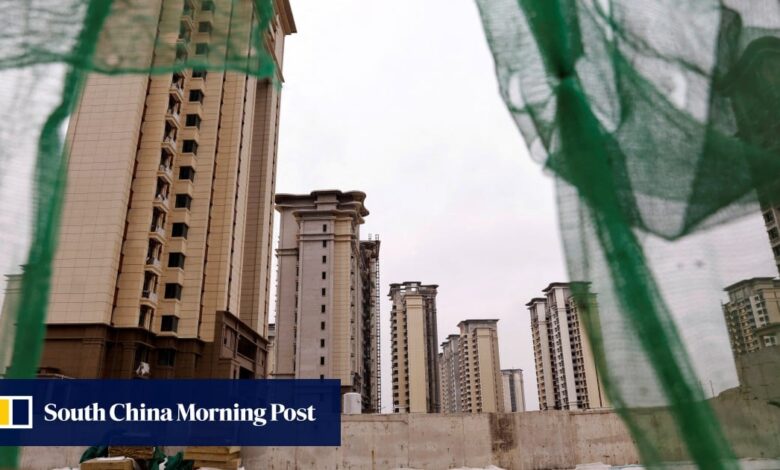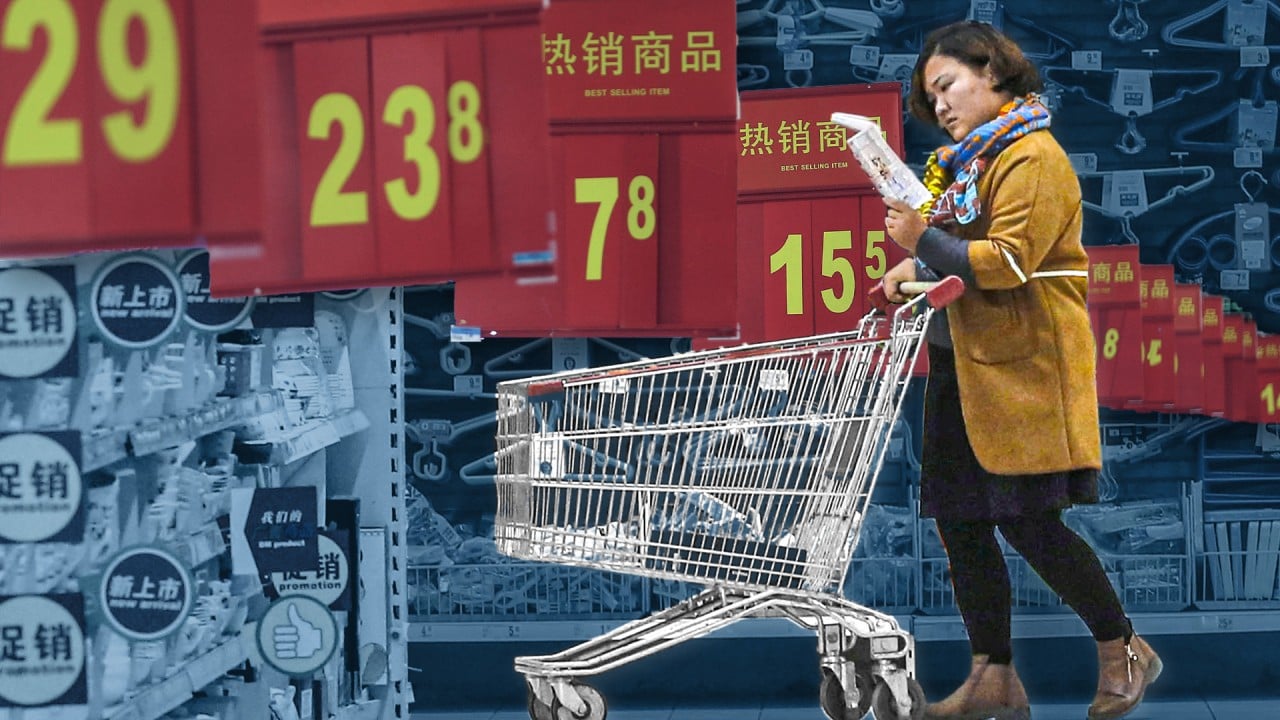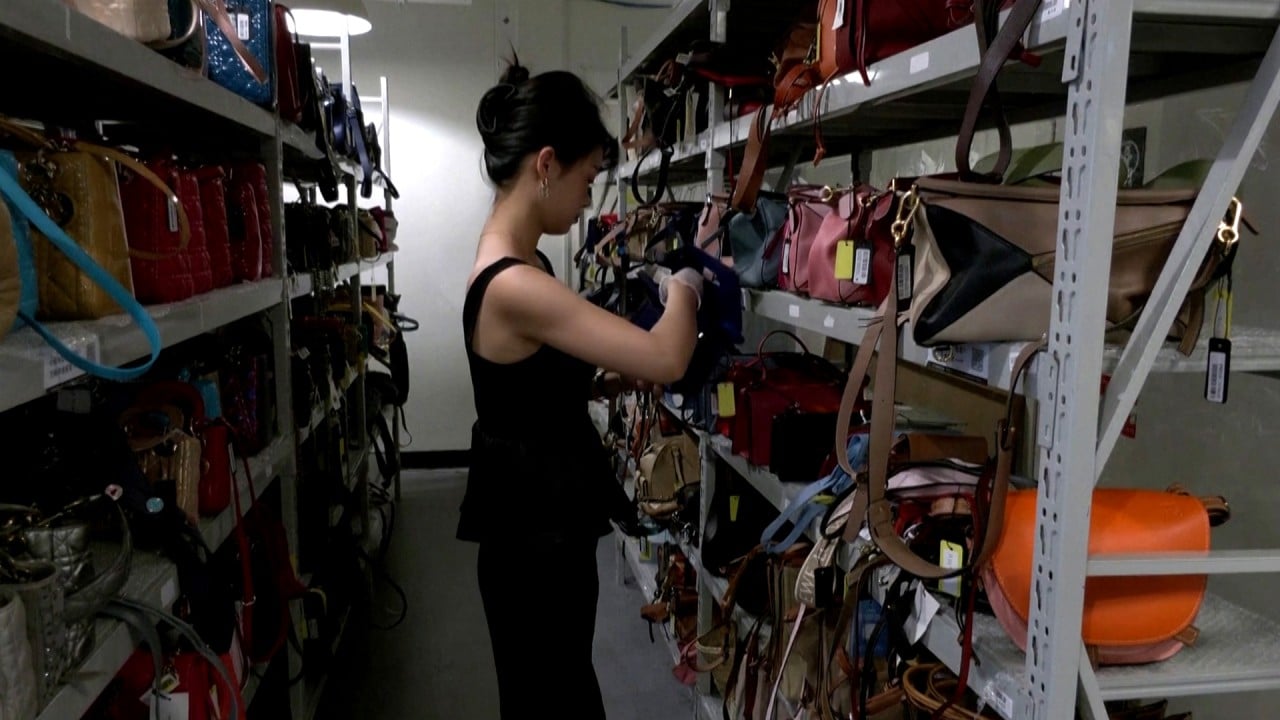China puts private sector policy on the front burner after July data disappoints

“Boosting consumption is the key. We must adopt targeted measures to smooth economic circulation.”
Plenary meetings are often convened to signal the central government’s policy intentions and enforce key strategies. They are attended by all members of the cabinet while the more frequent executive meetings are usually attended by senior officials involved in a specific agenda.
In addition to Li, those attending the meeting included vice-premiers Ding Xuexiang, He Lifeng, Zhang Guoqing and Liu Guozhong, all of the state councillors as well as ministers such as National Development and Reform Commission chairman Zheng Shanjie.
Two days earlier, data from the National Bureau of Statistics indicated that government incentives to spur domestic spending through equipment and home appliance upgrades had not yielded desired results.
The country also continues to be in the grip of a property slump and various external challenges, such as trade barriers on Chinese companies by the United States and its allies.
Li said his cabinet would have to tailor policies to “give full play to tapping potential consumption”, and China must explore new areas to boost foreign trade growth such as “green trade” and cross-border e-commerce.
To encourage private investment, the authorities will broaden the use of local government special bonds in project funding, cut red tape preventing private players from taking part in government-led infrastructure projects, and “create a better business environment” in general.
“We must hear the appeals of businesses and take action to address their difficulties,” he was quoted as saying.
Beijing also pledged to stop abuse at the local level of business inspections and fines on companies, vowing to promote innovation and development of all market entities.
Also on Friday, the NDRC, the top economic planning agency, said it would work with three other government agencies to speed up land approvals, financing and environmental assessment procedures to help private investors.
Private investment in the January-July period was flat compared with a year earlier, according to government data. In the property sector, an area dominated by private players, investment in the first seven months fell 10.2 per cent year on year.
China’s receipt of foreign direct investment also dropped 29.1 per cent in yuan terms in the first half.
“We must take greater action to use foreign investment and improve services for them,” the State Council said.
The soft July macroeconomic data and the subsequent downside risks have fuelled expectations among analysts of more monetary easing and fiscal support.
“Policymakers are likely to rush to provide more stimulus, such as accelerating special bond issuance and the purchase of housing inventory from developers,” Larry Hu, chief China economist of Macquarie Capital, wrote in a note on Saturday.
“It seems that policymakers can’t miss the growth target, but they don’t want to over-deliver either.”
Despite Beijing’s focus on consumption, Julian Evans-Pritchard, Capital Economics’ head of China research, said he remained sceptical about the prospect of consumer handouts for households.
He said the private sector would eventually start to cut down on its borrowing if the economy continued down its present path.
He also said the home market remained a weak spot despite the government’s rescue package and demand-side easing measures.
Research analysts with Gavekal said Beijing could issue more government bonds to fund infrastructure construction in the months ahead, but there was a higher risk now that exports could falter and start to drag on economic growth.
“Policymakers will probably ramp up stimulus if the export risk materialises,” they added.
Source link






